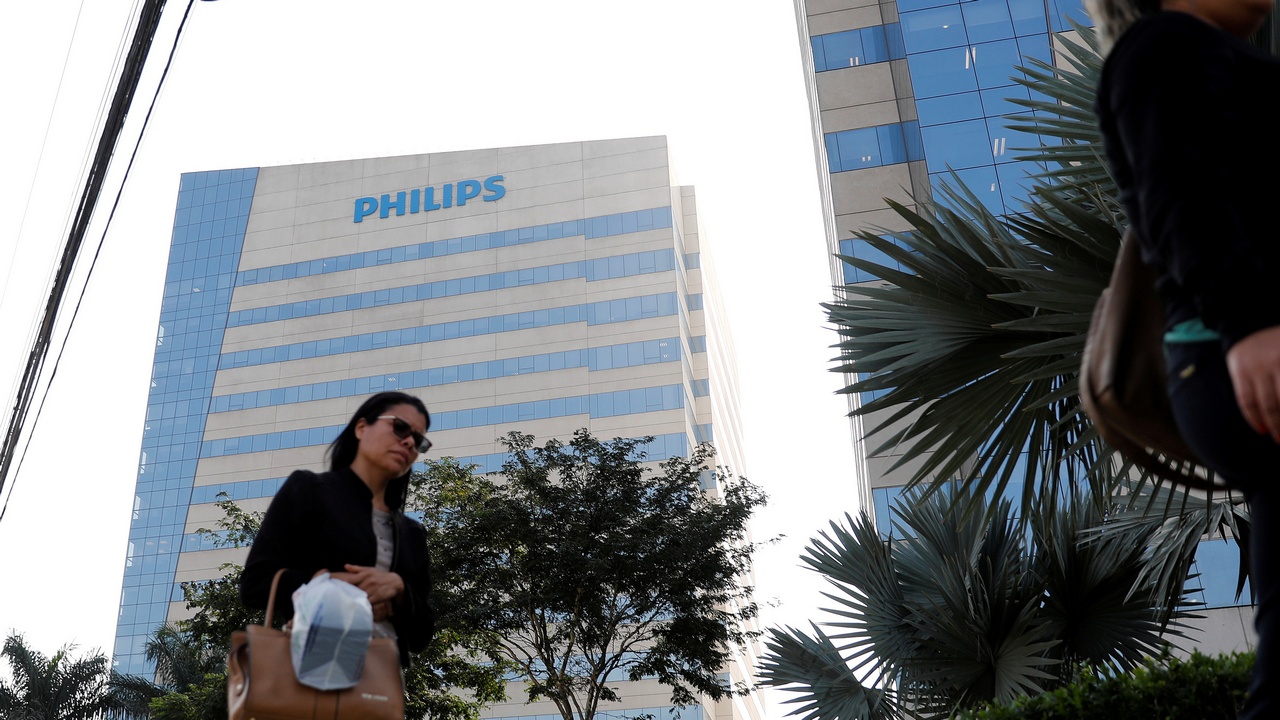India is facing an acute shortage of skilled healthcare professionals and hospital beds, and the situation can change if doctors embrace Artificial Intelligence (AI) -driven devices and wearables/apps at hospitals, a new report said on 10 July. There are 29 skilled healthcare professionals for 10,000 people — way below the global average of 109 and the lowest score across all 16 countries surveyed, according to the first edition of India’s Future Health Index (FHI) by
Royal Philips, a global leader in healthcare technology. [caption id=“attachment_4708771” align=“alignnone” width=“1024”] People walk past the Philips headquarters in Barueri, Brazil. Image: Reuters[/caption] Another barrier is the low number of hospital beds 7 per 10,000 in India in comparison to 38 per 10,000 on average globally, the findings showed. “While top hospitals and clinics in metro cities may boast of having cutting-edge technologies, semi-urban and rural areas are yet to fully leverage the potential of digital healthcare,” the survey noted. The Future Health Index (FHI) is a research-based platform that helps determine the readiness of countries to address global health challenges and build sustainable national health systems. “The FHI study provides us with excellent insights about the awareness that healthcare practitioners and the population have about the role of technologies in aiding healthcare delivery. This readiness to adopt technology can be a key driver in delivering treatment to patients in tier II and III cities in India,” said Rohit Sathe, President, Philips India Healthcare. Despite a lower-than-average data analytics score, Indian healthcare professionals are open to the use of futuristic technology like Artificial Intelligence (AI) and Virtual Reality (VR) in healthcare. “Two-thirds of healthcare professionals believe AI health tracker wearables/apps on smartphones would have the greatest impact on improving healthcare today,” the findings showed. Seven in 10 healthcare professionals are knowledgeable about connected care technologies, with one-in-seven saying he/she is extremely knowledgeable.
Indian healthcare professionals are open to the use of futuristic technology like AI and VR in healthcare.
Advertisement
End of Article


)
)
)
)
)
)
)
)
)



